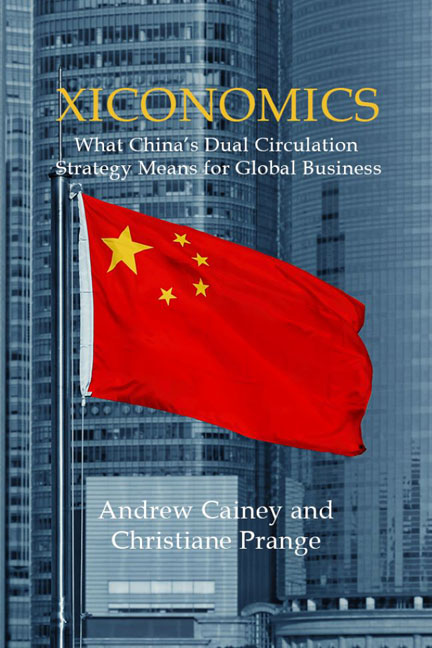10 - Ambidexterity and connectivity
Published online by Cambridge University Press: 23 January 2024
Summary
“True ambidexterity is about having the people within the organization who have the mindset, skills and maturity to respond positively to different circumstances,” argues Michael Fraccaro, formerly an organizational development leader in HSBC Asia-Pacific. The essence of ambidexterity is about embracing opposites. It is about transcending an either/or view and remaining flexible enough to view challenges from different perspectives.
The year 1865 was a formative one for HSBC, the Hongkong & Shanghai Banking Corporation Limited. In March it opened for business in Hong Kong, helping to finance trade between Europe and Asia. In April it opened in Shanghai, and in July it was London's turn. The company was born from one simple idea: a local bank serving international needs. Ambidexterity was built in from the start. HSBC has always been committed to developing global managers, flexible enough to adapt to any culture of its 60 plus subsidiaries. Since 1865 HSBC has had a continuous presence in mainland China, albeit sharply curtailed under Japanese rule and the Mao years of the People's Republic. In 1984, as China reopened, HSBC became the first foreign bank to receive a banking licence since 1949.
Now, after decades of growth in China and globally, some are questioning again where the limits of HSBC's ambidexterity lie. In the United Kingdom, it was widely criticized for its public support of the Hong Kong National Security Law in 2020. In 2022 HSBC's largest shareholder, China's Ping An Insurance, made the case for splitting HSBC in two – separating the East from the West. Ping An argued that a split would create shareholder value through better focus on distinct markets and reduced capital requirements. It would also allow individual investors in Hong Kong to receive their valued dividends, without the risk of Bank of England intervention, as had happened during Covid-19. Some commentators saw a political agenda too: a Hong-Kong-listed HSBC Asia might be more amenable to influence from Beijing and the CPC. HSBC managers rejected the case for a split. They argued that HSBC's global connectivity brought greater value. Does HSBC need to choose between China and the West, or is much of its inherent business value based on the ambidextrous linking of the two?
- Type
- Chapter
- Information
- XiconomicsWhat China's Dual Circulation Strategy Means for Global Business, pp. 149 - 158Publisher: Agenda PublishingPrint publication year: 2023

